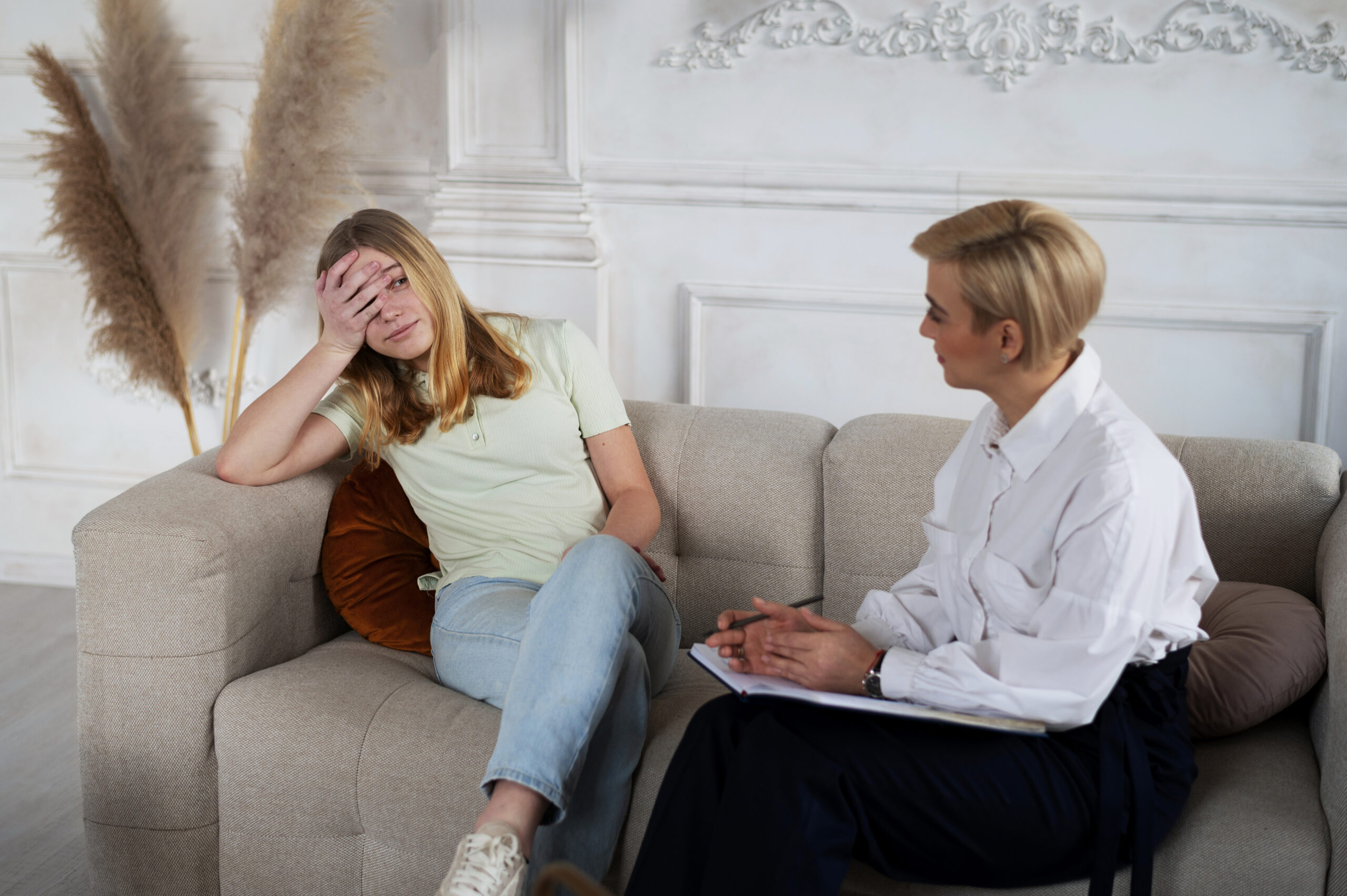In the hustle and bustle of modern life, anxiety has become a common companion for many. The pressures of daily responsibilities, coupled with the uncertainties of the future, can create a fertile ground for anxiety to flourish.
However, amidst this chaos, mindfulness emerges as a powerful tool to help manage and alleviate anxiety. Whether you’re seeking an “anxiety psychologist near me” or the “best anxiety psychologist Melbourne” offers, integrating mindfulness into your routine can be a transformative experience.
Understanding Mindfulness and Its Benefits
Mindfulness involves being fully present and actively engaging with the current moment. It involves acknowledging your thoughts, feelings, and sensations without judgment. This state of awareness helps in breaking the cycle of negative thinking that often fuels anxiety. By focusing on the present, you reduce the grip of past regrets and future worries, which are common triggers for anxiety.
Research supports the efficacy of mindfulness in reducing anxiety symptoms. Regular mindfulness practice has been shown to decrease stress hormones, improve emotional regulation, and increase overall well-being. For those searching for the “best psychologist for anxiety near me,” mindfulness is often a key component of the therapeutic approach used by top professionals in the field.
Mindfulness Techniques for Anxiety Relief
There are several mindfulness techniques that can be easily incorporated into daily life. Here are a few to get started:
- Mindful Breathing
This simple yet effective practice involves paying close attention to your breath. Sit comfortably, close your eyes, and breathe slowly and deeply, concentrating on the sensation of air entering and leaving your nostrils. This practice can help ground you and bring your attention away from anxious thoughts.
- Body Scan Meditation
Lie down comfortably and gradually focus on different parts of your body, starting from your toes and moving up to your head. Observe any tension or discomfort without attempting to change it. This practice helps you become more aware of physical sensations and can reduce anxiety by promoting relaxation.
- Mindful Walking
During a walk, focus on the sensation of your feet touching the ground, the rhythm of your steps, and the environment around you. This practice encourages a sense of presence and can be particularly calming when anxiety strikes.
- Mindfulness Apps
For those new to mindfulness, there are many apps available that offer guided meditations and mindfulness exercises. These can be a great resource for integrating mindfulness into a busy schedule.
Seeking Professional Help
While mindfulness is a valuable tool, it’s important to recognize when professional help is needed. If anxiety is significantly impacting your daily life, seeking assistance from a qualified professional is crucial. You can find the “best anxiety psychologist Melbourne” or an “anxiety clinical psychologist Melbourne” by searching online or getting referrals from your general practitioner.
Working with a professional can provide personalized strategies and support tailored to your specific needs. Therapists often integrate mindfulness into cognitive-behavioral therapy (CBT), which has proven highly effective in treating anxiety disorders.
Conclusion
Mindfulness offers a beacon of hope for those struggling with anxiety. By incorporating mindfulness practices into your routine, you can cultivate a greater sense of peace and resilience.
However, if anxiety persists, don’t hesitate to seek help from the “best anxiety psychologist near me”. Remember, reaching out for professional support is a vital step towards reclaiming your mental health and well-being. You can also contact us, Mind Psychology, as an anxiety therapist Melbourne. We would be happy to help!

